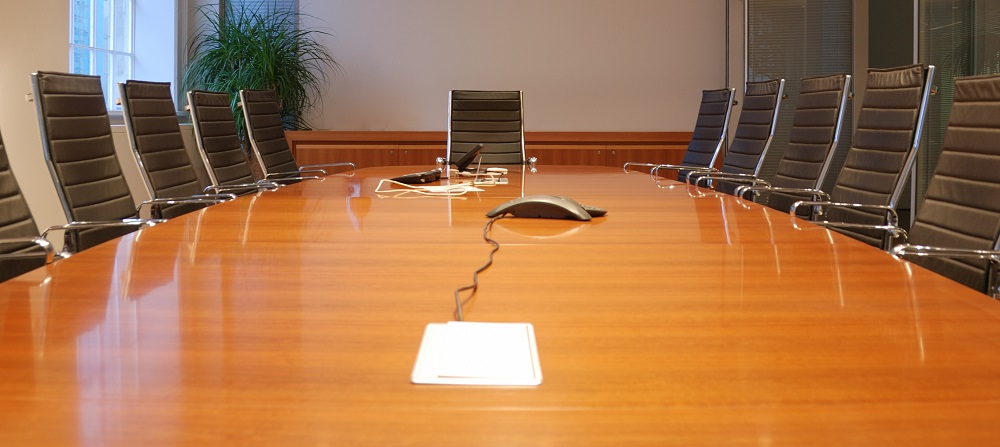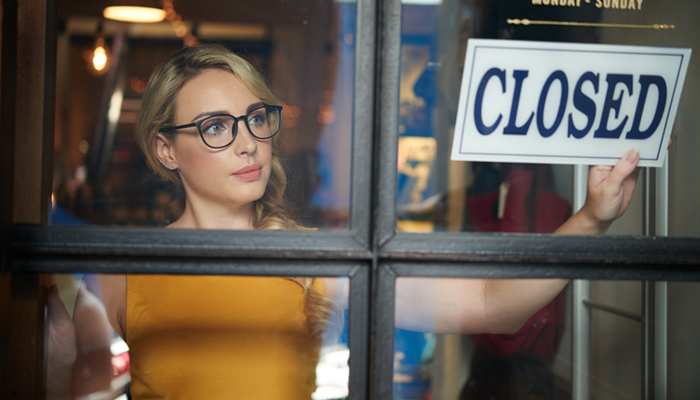Ultimate Guide to Workplace Health and Safety
Public and employers' liability cover to keep your business protected if accidents happen
When buying liability insurance for your business it is all too easy to think that your moral and legal responsibility ends there. However, it is important that you work to reduce the risk of accidents occurring as a result of your business. Read our guide to find out how risk assessments and first aid training can help your business.
Having liability cover is a great way to keep your business protected in the event of an accident. Liability, in the simplest sense, refers to something that poses a problem or hindrance. For example, a business could become a liability should its health and safety standards slip, resulting in an accident and potentially a lawsuit. There are ways you can reduce risks in the workplace and minimise the effects of an accident.
Workplace safety
It is important that you consider the welfare of both your employees and the general public. By protecting the health and safety of these groups you can reduce the risk of an accident and therefore a claim against your business.
Health and safety at work
It is hugely important that your employees and visitors feel safe whilst in your place of business, hence why health and safety has become increasingly important over the years. There are key areas you should focus on to try and increase the safety of your business, such as:
-
Identifying the risk - risk assessments help to identify and reduce risks to employees and visitors. (See below for more information on risk assessments).
-
Address the risk - putting in appropriate measures can reduce the risks in your workplace.
-
Educate your staff - health and safety training for your staff can help to reduce the potential accidents in the workplace.
-
Cover your business - employers' and public liability can help to protect you, your business and your customers in the event of an accident.
Carrying out a risk assessment
Risk assessments are vital across many industries as they can help to minimise the chance of accidents and injuries. Not only will this help to keep staff and customers safe, it can also reduce the chance of liability claims. It is worth carrying out risk assessments regularly to ensure that any new potential risks are spotted as soon as possible, meaning that appropriate measures can be made to reduce the chance of injury.
Fire-related risk assessments should also be carried out regularly to ensure that your business is prepared should the worst happen. Evacuation plans should be drawn up with preparations made for disabled employees and visitors.
Identifying the risks in your workplace and who could be impacted by these is one of the key parts of carrying out a risk assessment. This will enable you to put precautions in place which could limit the chance of an accident. To learn more about the importance of risk assessments and how to carry one out, read our dedicated guide to risk management.
First aid at work
First aid is a hugely important element to the health and safety of your business, legally you are obliged to provide an adequate first-aid kit that is appropriate to your place of work, depending on the level of risk. For example, a business that handles dangerous chemicals would require a comprehensive first aid kit with items that deal with chemical burns. However, the Health and Safety Executive (HSE) recommend business to include the following as standard:
- HSE leaflet providing basic first aid advice
- At least 20 individually wrapped sterile plasters
- Two sterile eye patches
- Four individually wrapped triangular bandages
- Six safety pins
- Two large individually wrapped bandages
- Six medium-sized individually wrapped bandages
- A pair of disposable gloves
The HSE also state that some items are marked with an expiry date and should be replaced prior to this date.
It is also recommended that staff are trained in basic first aid which can help you feel safe in the knowledge that you have trusted people on-site who are trained to administer treatment should someone be injured or fall ill. In many cases a standard 'First Aid at Work' 3 day course or an 'Emergency First Aid at Work' 1 day course will be enough.
There are also more specialised first aid courses available that may be more tailored to your business' needs. For example, learning to administer an EpiPen (for people with severe allergies) could be useful if your business serves food or you work with vulnerable people. Ensuring your staff are trained to use a defibrillator (heart starting equipment) may be particularly useful if you work closely with older people.
What to do after an accident at work
Correctly reporting and documenting accidents is an important part of your health and safety procedure. It is a legal requirement that the incident is recorded, no matter how minor, and that accidents are investigated properly. This can help to ensure that the right measures are in place to minimise the chances of a similar accident occurring again. It is crucial that you record and report any situation where allegations are made regarding the standard of care received and any situation where an inquest is to be held following the death of a person in your care.
As well as reporting an accident quickly it is also important that you follow these steps:
-
Collect statements and evidence from the parties involved in the incident. Where applicable photographs can also be a good way of recording an accident.
-
Analyse the information you have gathered and establish the cause of the accident as soon as possible. This will enable you to put adequate measures in place to help prevent similar incidents.
-
Where necessary it is important that you report an accident to your insurer as soon as possible so that a claims investigator can visit the scene and gather information together in case a claim is made against your business.
For more information on the steps to take after an accident at work read our dedicated guide.
Whilst implementing good health and safety practices in your workplace may seem like a hassle, it is ultimately worthwhile as it will not only protect staff and visitors but could also save you further problems and money in the long-run.
Public liability insurance from Towergate
For more information see our public liability insurance webpage or call us on 0344 892 1664.
Employers' liability insurance from Towergate
At Towergate we offer bespoke employers' liability insurance policies to help cover you if an accident happens to your staff for which you are liable despite health and safety precautions. Read more about our policies or call us on 0344 346 0409 to speak to a specialist adviser.
About the author
 Alison Wild BCom (Hons), MAAT, ATT, Taxation Technician is a highly respected industry professional who has been working with and advising SMEs in areas including tax, pensions, insurance and marketing for over 25 years. She is a member of the Association of Accounting Technicians (AAT) and Association of Tax Technicians (AAT) and also has considerable experience as a residential landlord.
Alison Wild BCom (Hons), MAAT, ATT, Taxation Technician is a highly respected industry professional who has been working with and advising SMEs in areas including tax, pensions, insurance and marketing for over 25 years. She is a member of the Association of Accounting Technicians (AAT) and Association of Tax Technicians (AAT) and also has considerable experience as a residential landlord.
Date: February 05, 2024
Category: Small Business







